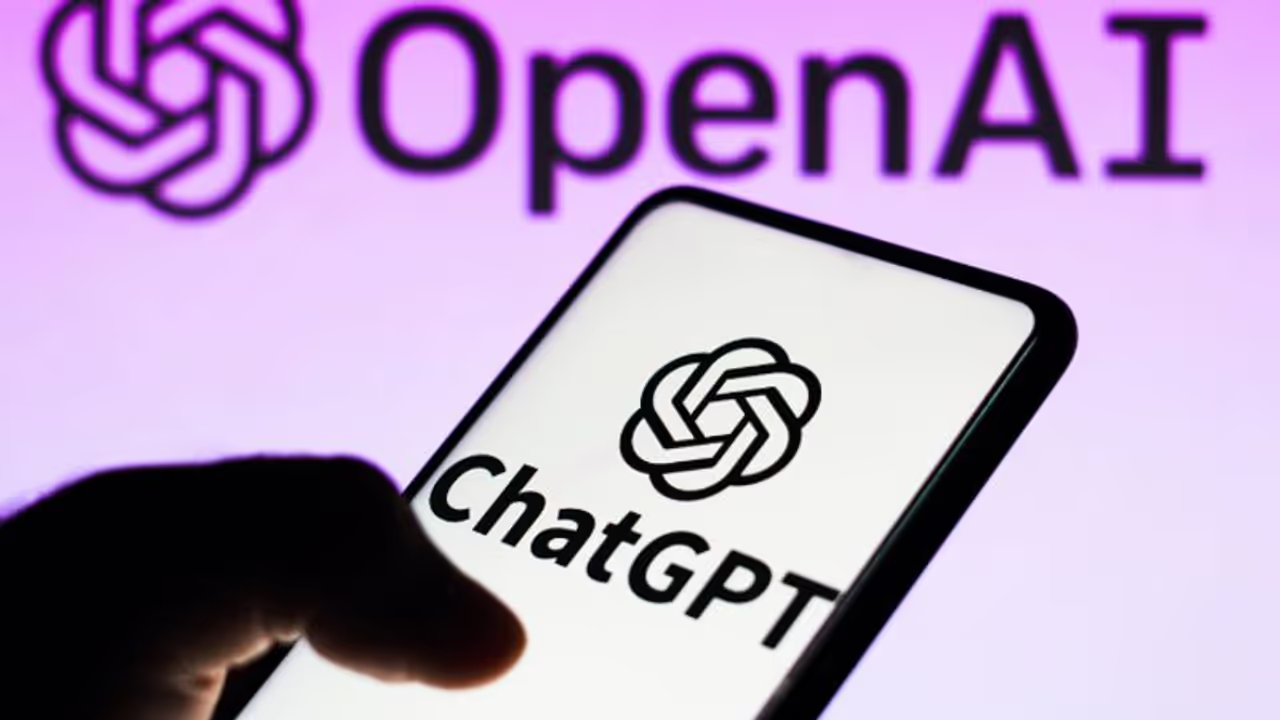The Delhi High Court issued summons to OpenAI on Tuesday in response to a lawsuit filed by Asian News International (ANI) news agency, alleging the unauthorized use of its content to train and operate ChatGPT.
The Delhi High Court issued summons to OpenAI on Tuesday in response to a lawsuit filed by Asian News International (ANI) news agency, alleging the unauthorized use of its content to train and operate ChatGPT.

Justice Amit Bansal noted OpenAI's statement that ANI's official website had already been blocked to prevent its content from being used by ChatGPT.
Given the significance of the case concerning copyright and the use of publicly available content by AI models like ChatGPT, the Court also stated that it would appoint an amicus curiae to assist in the matter.
Advocate Sidhant Kumar, representing ANI, explained to the Court how ChatGPT operates. He argued that the news agency's copyrighted material was being utilized to train the chatbot without authorization.
"The software is provided with all the publicly available data which includes copyright content. And in this case, my content is a part of the data that is used to train," Kumar said.
In this context, Kumar argued that just because news content is publicly accessible, it does not grant OpenAI the right to exploit it or create copies for storage. Additionally, ANI claimed that ChatGPT was attributing false information to the news agency.
"This service also gives a false attribution to me. For example, it says Rahul Gandhi, Leader of Opposition, gave interview to ANI when no interview was given. That is propensity to not just hurt my private rights but also spread fake news," Kumar argued.
Kumar also mentioned that OpenAI had offered to block ANI's website to prevent its data from being collected by ChatGPT. However, he highlighted a practical challenge for news wires, as their content is often reproduced by other websites and news organizations. The Court stated that this specific issue would be addressed at a later stage.
OpenAI's reacts following Delhi HC's summons
In response to the Delhi High Court's summons, OpenAI reiterated its commitment to supporting news organizations and fostering constructive partnerships. A spokesperson for the company emphasized that its AI models, including ChatGPT, are built using publicly available data in a manner that adheres to fair use principles and legal precedents.
“We take great care in our products and design process to support news organizations. We are actively engaged in constructive partnerships and conversations with many news organizations around the world, including India, to explore opportunities, listen to feedback, and work collaboratively. Along with our news partners, we see immense potential for AI tools like ChatGPT, including through search, to deepen publishers’ relationships with readers and enhance the news experience," the OpenAI spokesperson said.
"More broadly, we build our AI models using publicly available data, in a manner protected by fair use and related principles, and supported by long-standing and widely accepted legal precedents," the spokesperson added.
ANI is first Indian media house to sue OpenAI
ANI's lawsuit marks the first time an Indian media house has sued OpenAI for alleged copyright infringement. Recently, The New York Times also filed a lawsuit against OpenAI for the unauthorized use of its content to train its platforms. Microsoft’s Copilot and Google’s Bard AI have faced similar lawsuits over the same issue.
During the hearing, the Court inquired whether any lawsuits had been filed against the AI platform outside of India.
Senior Advocate Amit Sibal, representing OpenAI, stated that ANI's suit was the first case against ChatGPT in India. He also noted that there were 13 lawsuits filed against OpenAI in the United States, two in Canada, and one in Germany, but no injunctions had been issued against the chatbot.
Sibal further clarified that no court outside India has ruled that copyright infringement occurred in the gathering of information by the model.
"There is no monopoly on facts. I am fully bonafide because from inception I have provided that anyone does not want their website accessed by me, can get themselves put on blocklist," Sibal added.
Sibal further argued that the OpenAI chatbot does not have any servers located in India and does not produce any of ANI's material within the country, questioning the maintainability of ANI's suit.
"Therefore, in India, the plaintiff has no cause of action," Sibal argued.
Nevertheless, Sibal argued that copyright laws do not protect ideas or facts and went on to explain how ChatGPT functions.
"The data is collected. News is a minuscule proportion of it. I want to again clarify that when a query is made the software does learn from information accessed but it never accesses a database to answer a query. The matter is complex. It is never addressed by any court in India," he said.
After the Court expressed concern about the spread of false information on ChatGPT, Sibal responded that through manipulation of queries, one could attempt to generate a manipulated answer.
"In every instances they have raised that there is misleading response, we have removed it," he added.
Sibal stated that while ChatGPT is a "force for good," it may not be perfect, and such instances are rare.
In its lawsuit, ANI claims that OpenAI is exploiting its original content for commercial gain. Specifically, the suit alleges that ANI’s original news content is being used to train ChatGPT's large-language model to respond to user queries.
According to ANI, the AI chatbot reproduces its original content in responses to users. Moreover, ANI has also claimed that ChatGPT is providing false information while citing ANI as the source, which threatens the agency's reputation and could contribute to the spread of fake news, potentially causing public disorder.
